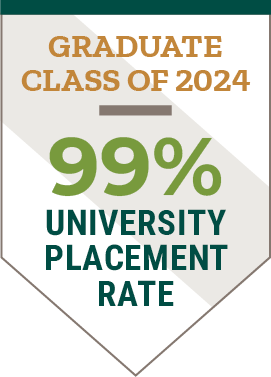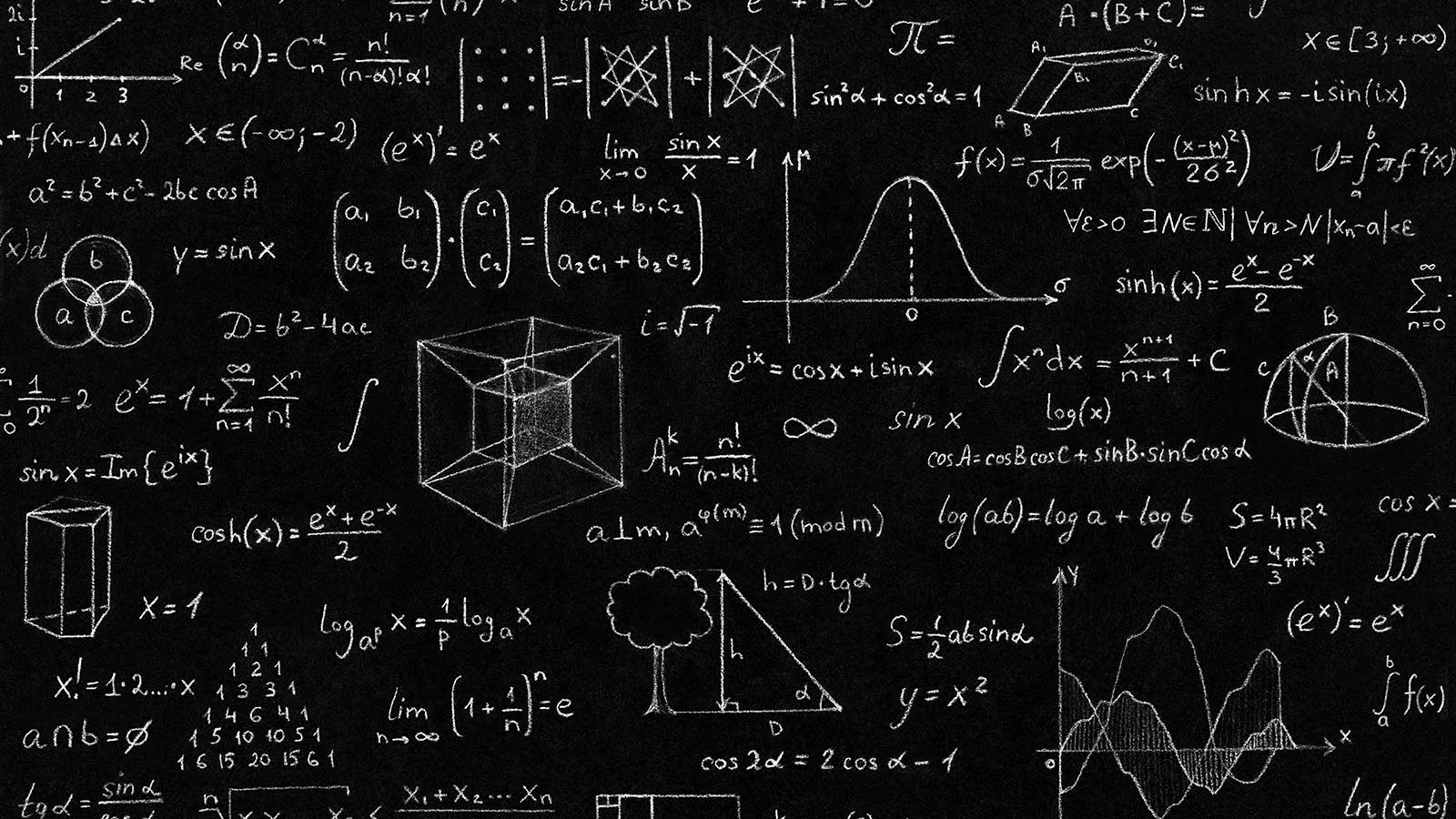University Requirements:
- A minimum of 90 credit hours earned for graduate courses numbered 500 and higher, including at least 36 credit hours of classroom and instructional laboratory coursework (this is above the university minimum of 24)
- A minimum of 6 credit hours of research seminar.
- A maximum of 30 credit hours of graduate transfer credit from an MS degree with grades of a B or higher may be accepted toward the PhD degree.
- At least three full academic years of study beyond the baccalaureate degree.
- A cumulative GPA of 3.0 in courses used to meet graduation requirements.
- Graduate students must complete the PhD candidacy procedure within two years of full-time study after admission to the PhD program.
- Doctoral candidates must complete an original research project submitted as a written thesis to be orally presented and approved before a committee of at least five faculty members. At least four members must be Clarkson faculty, of assistant professor rank or higher, and possess a doctoral degree. At least one committee member must be from a department other than the candidate’s major department. An external examiner with appropriate credentials from outside the university may serve as one of the five committee members. The thesis must also be approved by the dean of the graduate school and a copy deposited in the university library.
- All work for the PhD degree must be completed within seven years after admission to candidacy.
Additional Program Requirements and Procedures
Coursework:
Students must complete a minimum of 36 credits of computer science-related coursework, including the following:
Foundations. Students must take four required courses across three areas: CS541 (theory), CS547 (theory), CS544 (systems) and CS545 (languages). A grade of B+ or better is required in each of these courses. A written exam option is offered for students who have taken equivalent courses at other institutions and for students who did not receive a B+ in the Clarkson course. Students who have taken equivalent courses at other institutions and pass the exam with a grade of B+ or better can replace the corresponding course with another CS course.
Research-Oriented Courses. Students must also complete a minimum of four 3-credit research-oriented 600-level CS courses. Research-oriented courses include a substantial research literature review and a research project/presentation component. The Computer Science PhD Committee will maintain a list of acceptable research-oriented courses. The 600-level CS Directed Study Courses are acceptable by permission of the Computer Science PhD Committee only when such courses satisfy the same standards as regular 600-level CS courses and include a substantial research literature review and a research project/presentation component. A grade of B+ or higher is required in two 600-level CS courses in order to advance to candidacy, and one of these must be a research-oriented 600-level course.
Breadth Requirement. Beyond the four required courses listed in Foundations, students must take one course from each of the following four groups. Courses used to satisfy this breadth requirement may also be used to satisfy the research requirements. The specific lists of courses may change, and students may petition the Computer Science PhD Committee to accept additional courses, including courses outside the department, in these groups:
- Group A (theory and algorithms): 542, 546, 549, 556, 642, 656
- Group B (computer systems and networks): 553, 555, 557, 563, 644, 654
- Group C (languages and software development): 543, 550, 558, 560, 658
- Group D (artificial intelligence and applications): 551, 552, 559, 561, 562, 659
Electives. Students must take additional courses as necessary to reach 36 course credits. Students are expected to take at least one graduate course in computer science or a related field each semester that they are enrolled in the computer science PhD program. This requirement may be waived in consultation with the student’s advisor or if the Computer Science PhD Committee decides it is in the student’s best interest to focus on completion of the thesis work.
Seminar. Students are required to attend and participate in the CS707 or 708 Seminar in Computer Science (1 credit) series during at least six semesters in residence in the PhD program. Participation is recommended during each semester in residence in the PhD program.
Candidacy. The doctoral candidacy procedure for the computer science program is portfolio-based.
Before advancing to candidacy, students must have completed the four required courses (CS541, CS547, CS544 and CS545) and two of the 600-level CS courses, at least one of which must be a research-oriented course. A grade of B+ or higher is required in each course.
Students prepare a portfolio consisting of a written statement of research interest and representative work from courses and seminars (e.g., exams, research papers, presentation materials). Student appear before the Computer Science PhD Committee for an oral defense of their portfolio. This oral defense and portfolio examination constitutes the comprehensive exam for candidacy in computer science.
To advance to candidacy, students must have also chosen a faculty advisor who believes they are prepared to begin original research in a mutually acceptable field of specialization.
Students must advance to candidacy within two years of full-time study after admission to the PhD program or be granted an extension by the Computer Science PhD Committee.
Thesis Proposal. Students must write a thesis proposal outlining their research plan and discussing related work and defend this proposal in an oral exam before the thesis committee.
In addition to the university requirements, at least three members of the committee must be from the Department of Computer Science.
Students must form their committee and pass the thesis proposal defense exam by the end of their third year of full-time study after admission to the PhD program or be granted an extension by the Computer Science PhD Committee.
Thesis Defense. The final step in completion of the doctoral program is the submission of a written thesis in conjunction with an oral thesis defense.
Candidates will normally present a 50-minute oral presentation of the thesis work at an advertised campus event followed by at least 10 minutes of public questions. After the end of the public session, candidates and their five-member thesis committee will gather in a closed session for final questions and presentation of corrections to thesis. Candidates will be then asked to leave the room for a final vote of approval. Following approval, candidates must complete the requested corrections to the written thesis and obtain final signatures. Candidates must provide all five thesis committee members with a copy of the thesis at least four full weeks before the public defense.
The thesis committee for the final defense is the same as that for the proposal defense. Any changes must be approved by the Computer Science PhD Committee in advance of the final defense.





